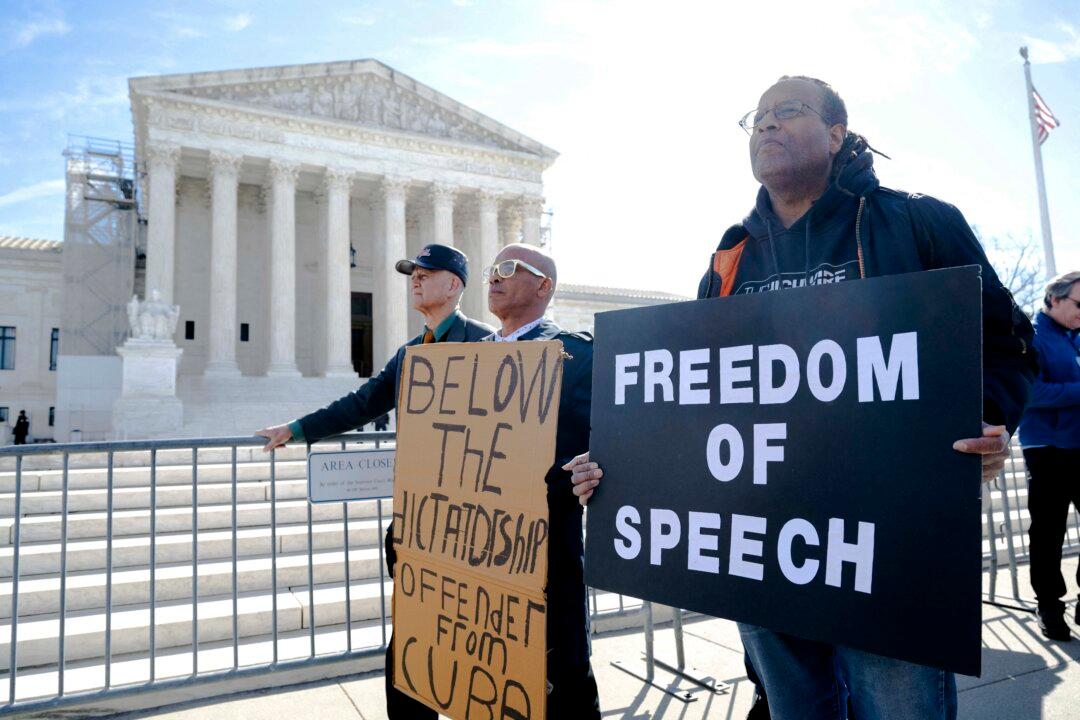A new bill passing through the Colorado legislature would create an annual mental health assessment program for sixth through twelfth-graders. Proponents hope it will help identify and address student mental health concerns early.
“By promoting early intervention among youth in schools who need behavioral health services and supports, our state can continue to make progress in achieving better behavioral health outcomes for young people,” Wivine Ngongo, president of the Colorado Public Health Association, testified at a recent hearing on the bill.





